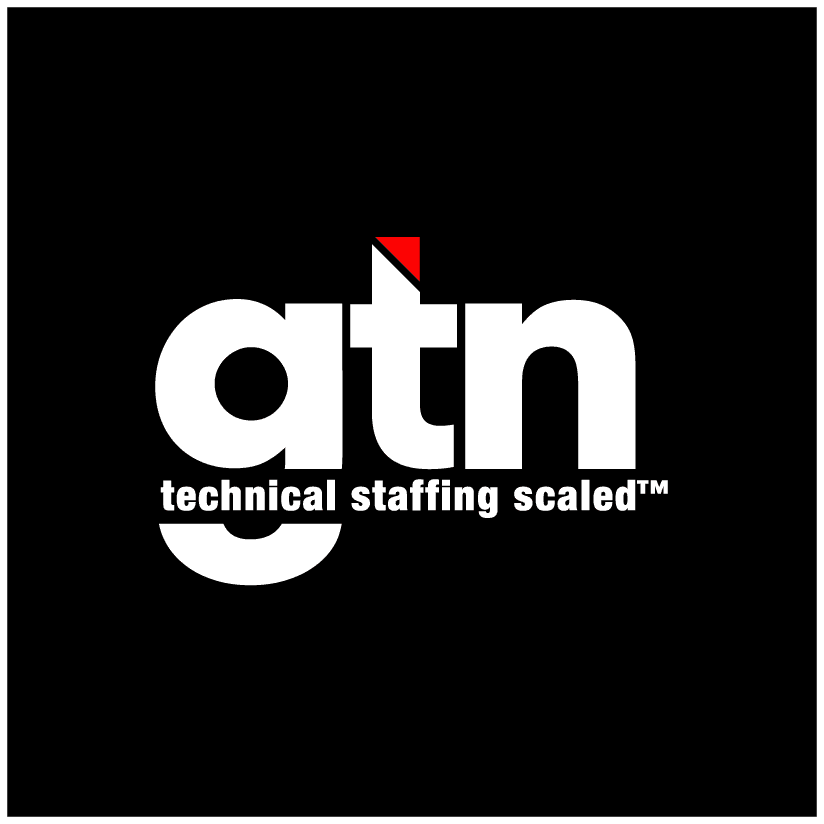The tech landscape is constantly changing, so the need for upskilling and reskilling is imperative for all technology professionals, no matter the modality they find themselves in. These two related terms are more than buzzwords for a tech professional’s career dictionary.
This article will discuss why having a life-long learner mindset is vital, the benefits that result, and the strategies that can keep tech professionals relevant when the only constant is change.
The Concept of Upskilling and Reskilling
Upskilling and reskilling are two essential strategies that equip tech workers to meet the industry’s constantly evolving demands. While they may seem similar, these terms refer to distinct concepts.
Upskilling pertains to expanding or enhancing existing skills to stay competitive and relevant in one’s current field. This involves learning new technologies, languages, or tools related to one’s current profession and is about building on existing skills to meet the advancing requirements of the job market.
Conversely, reskilling refers to the acquisition of an entirely new set of skills in order to transition into a different tech career path or adapt to a changing job landscape. This involves learning skills unrelated to one’s current profession, enabling a shift into a different career or a new line of work in response to evolving industry demands.
Related: Looking For a Career Change? What You Need to Know About Becoming a Field Services Worker
Upskilling and Reskilling: Vital for Tech Professionals
For tech professionals, upskilling and reskilling are more than mere buzzwords. They are essential for staying relevant and competitive in an industry marked by rapid and continual evolution. Here’s how these strategies can benefit tech professionals:
Adaptability
In the fast-paced tech industry, adaptability is crucial. Upskilling ensures that tech professionals can quickly adapt to new technologies and job requirements, making them valuable assets to employers.
Increased Earning Potential
Employers recognize the value of skills that are in high demand and prioritize candidates with those skills. With additional or updated skills, tech professionals often command higher salaries and better compensation packages.
Diversification of Skills
Tech professionals can broaden their horizons by upskilling and reskilling – learning new technologies, languages, or tools. This diversification allows them to work on various projects in different technology areas.
Innovation
Upskilling and reskilling foster innovation by consistently introducing new ideas, approaches, and technologies. Tech workers can apply this knowledge to solve complex problems and develop cutting-edge solutions. Some of the greatest innovations come from a new perspective.
Staying Competitive
The tech industry is highly competitive, and professionals must stay on top of the latest technology trends to keep a competitive edge in the job market. And upskilling and reskilling need not be limited to only tech skills. Increasing in and learning new soft skills can give tech candidates additional advantages over the competition.
You Might Like: GTN’s Guide to 2024’s Most In-Demand Tech Roles
Enhanced Problem-Solving Skills
Learning new skills and problem-solving techniques during upskilling and reskilling programs can improve a tech professional’s ability to tackle complex issues in their work.
Contribution to Company Growth
Tech professionals who prioritize upskilling and reskilling can drive innovation and contribute to their company’s growth. They become assets in helping their organizations stay at the forefront of technology trends rather than a liability holding them back.
Practical Ways to Bridge the Skills Gap
Several initiatives, programs, and resources are available to support tech professionals in upskilling and reskilling. Here are some examples:
Online Learning Platforms
Platforms like Coursera, edX, and many others offer a wide range of tech courses, often taught by top universities and industry experts. You can enroll in courses that cover everything from programming languages to data science and cloud computing.
Professional Certifications
Industry-recognized certifications, like CompTIA, AWS, and Cisco certifications, validate a tech professional’s expertise and skills in specific domains. Many organizations value these certifications when hiring.
Tech Conferences and Workshops
Attending tech conferences and workshops allows tech professionals to stay in-tune with the latest trends, network with peers, and participate in hands-on learning sessions.
Skill Assessments and Practice Tests
Tech workers can stay sharp by investigating the various online platforms that offer coding challenges and assessments. By improving their coding skills and problem-solving abilities, tech workers bring valuable experience to their employers.
Specialized Tech Academies
Some organizations, like App Academy and Bloom Institute of Technology (formerly Lambda School), provide full-time immersive programs focusing on specific tech skills, particularly coding.
Conclusion: Your Initial Qualifications May Get You in the Door, But Upskilling and Reskilling Will Keep You Employed
In today’s tech workforce, success no longer solely depends on your initial qualifications. Ultimately, the power to unlock success lies in your ability to upskill and reskill. Embrace the opportunities presented by upskilling and reskilling, and you will be better equipped to thrive in the dynamic world of work, achieving both personal and professional growth.
So don’t wait. Seize this opportunity to stay competitive, innovative, and relevant by upskilling and reskilling.
Are you looking for new career opportunities? GTN is the Go-To Network for tech professionals who want a fulfilling and tech-savvy future. Check out our career opportunities page or speak with a technical recruiters today to get started.








